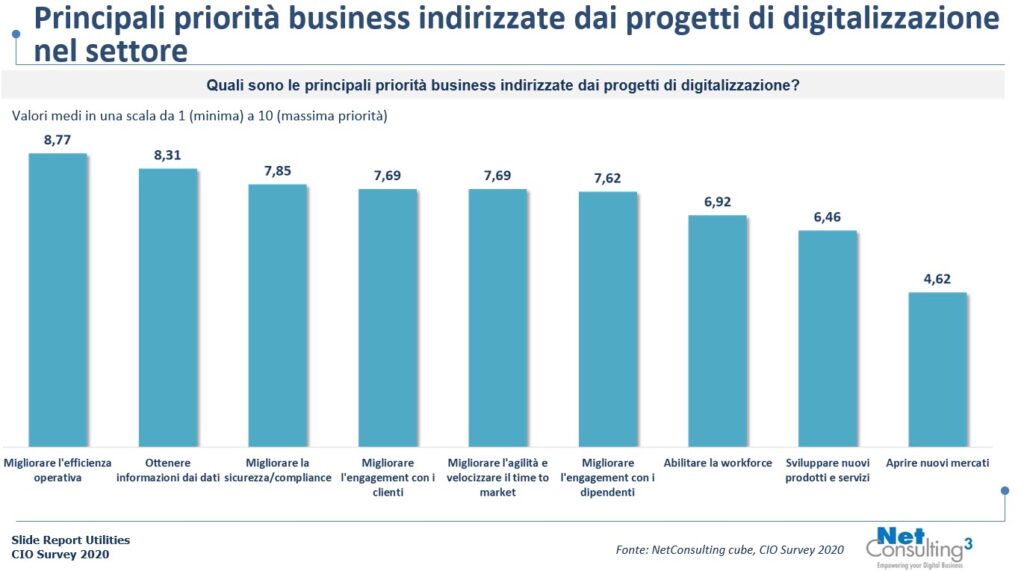
A company formation involves the creation and incorporation of a company in the United Kingdom. This is also known as company registration. It is also common in Ireland to form a company. There are three types of business formation: corporations, partnerships and sole proprietorships. You will need to select the one that is most appropriate for your industry and needs.
Corporations
A corporation is a legal entity that allows owners to hold stock in the company. These shares can be sold or transferred between owners. The shareholders of a corporation do not own the company's assets but have a duty. Failure to perform this duty could result in personal liability. Corporations can be a benefit to businesses looking to raise capital or to hire employees. They are an option for medium- and high-risk businesses.
Corporations are legal entities with the power to enter contracts, sue other parties, own assets, remit federal and state taxes, and borrow money from financial institutions. The state where you wish to start a corporation must be notified. Additional paperwork may be necessary if you want to expand your operations.
Partnerships
A partnership is an entity that shares a business with two or more people. Although partnerships do not constitute legal business entities but are registered with a state, they offer limited liability protection. In addition to this, there are also a number of licensing requirements. For example, a partnership must obtain an employee identification number from the IRS. This may be necessary to obtain a building and zoning permit. A partnership might also have to pay additional taxes such as employer withholdings or self-employment tax.

It is easier to form partnerships than any other type of business structure. Because they are not subject to the same rules and regulations as corporations, they are often more tax-friendly. However, not all businesses will find them to be the best fit. Partnerships are most often used for professional groups, including medical professionals, lawyers, architects, and consultants.
LLCs
A company can form an LLC in several ways. The first step to forming an LLC is to complete Articles of Organization. This document designates which county the company is located. New York County typically covers New York City's boroughs. There are some cities that have both one county and one borough. It is important to select the correct county for you business. Next, you will need to name a Secretary-of-State as your agent for service of process. This means that the Secretary will be the one who receives papers acquiring jurisdiction over LLC.
You will need a state certificate to verify that the LLC has been officially registered in the state. This certificate is essential for obtaining your business tax ID and opening a bank account. You should also prepare an operating agreement, which contains the legal and financial details of your business. This agreement can contain information such as the members' exits and capital contributions. Include all relevant information, including names and contact information for all members.
Sole proprietorships
For small-time entrepreneurs, sole proprietorships can be one of the easiest forms of business organization. This type of business structure gives the owner total control over the company. It's inexpensive and doesn’t require the attendance of limited liability companies or corporations.
Sole proprietorships are easy to set up and easy to dismantle. Most small businesses begin as sole proprietorships, and then transition to limited liability entities (LLCs) or corporations. However, sole proprietorships do not have government protection. The owner has all the company's liabilities and obligations. Solo proprietorships can be very affordable and simple to start. This makes them attractive for people with low budgets.

Limited partnerships
When forming a business, limited partnerships can be a good option. They protect general partners and will not make them personally responsible for any business debts. In addition, limited partners can contribute startup capital while the general partners take the greater risk of the business's success. A limited partnership requires two to three partners and must be registered with a Secretary of State's Office. To form a limited partnership, the partners must submit a formal document called "certificates of limited partnerships". This document contains the business name, business agent name, and general partner name. The next step is to write an internal partnership arrangement that defines the roles of each partner, as well the limited partnership’s profits and losses.
A limited partnership can also be tax efficient. While general partners are subject to self-employment taxes on profits, limited partners are exempt from this obligation. This tax savings is very useful because limited partners aren't involved in day-today management of a business.
FAQ
How much do consultants make?
Although some consultants can make more than $100k annually, the majority of consultants earn between $25-$50k. The average consultant salary ranges from $39,000 to $39,000. This includes both salaried and hourly consultants.
Salary depends on experience, location, industry, type of contract (contractor vs. employee), and whether the consultant has his/her own office or works remotely.
Is it necessary to pay taxes on consulting income
Yes, tax will be payable on any consultancy profits. It depends on how much income you make per year.
If you are self-employed, expenses can be claimed on top of your salary. These expenses include rent, childcare and food.
However, you cannot deduct interest payments from loans, vehicle repairs, or the cost for equipment.
You cannot claim back less than PS10,000 in a given year.
However, even if your earnings exceed this threshold you may still be subject to tax depending on whether or not you are a contractor or an employee.
Employees are generally taxed through PAYE (pay as you earn) and contractors through VAT.
What skills are necessary for consulting?
A consultant should have strong analytical skills as well as interpersonal skills. This is because you could be asked questions or not know what you are doing. You must learn how to manage people and solve problems quickly.
A strong communication skill is also necessary. Most clients expect to hear back within 24 hours. If they don't hear back from you, they assume you aren't interested. It is crucial that you keep them up to date and make sure they know what's happening.
Statistics
- "From there, I told them my rates were going up 25%, this is the new hourly rate, and every single one of them said 'done, fine.' (nerdwallet.com)
- So, if you help your clients increase their sales by 33%, then use a word like “revolution” instead of “increase.” (consultingsuccess.com)
- On average, your program increases the sales team's performance by 33%. (consultingsuccess.com)
- 67% of consultants start their consulting businesses after quitting their jobs, while 33% start while they're still at their jobs. (consultingsuccess.com)
- Over 50% of consultants get their first consulting client through a referral from their network. (consultingsuccess.com)
External Links
How To
How do you find a good advisor?
The first step in finding a good consultant is understanding what you want from your consultant. What do you need them to do for your website? Are you looking for them to help optimize your website to rank higher on search engines? Or perhaps you just want someone who can tell if there are any issues with your current hosting provider. Once you know what type of services you need, you should start looking at different companies. Although there are many consultants who claim to offer these services, very few of them can actually provide the required results. How do you select the right consultant for your project? Here are some things that you need to keep in mind when selecting a consultant.
-
Refer to others. This is probably the best way to choose a consultant. You don't want to hire someone you've never heard of before because you'll likely pay too much. However, you shouldn't work with someone with poor reputations. If you have the good fortune to get referrals from trusted people, great! You can check online reviews even if they don't refer you. Seek out testimonials from satisfied clients.
-
Ask around. Many people are not aware of the benefits of hiring a consultant. They think that since they're currently doing fine, they don't need to make changes. This is often false. Even if results are good, there is a chance you haven’t been keeping up-to-date with new trends and technologies. Your business could be missing out if it relies on outdated methods. It's always worth asking around to see if anyone knows of a good consultant.
-
Be sure to check their credentials. You don't need to worry about whether they are building a website or an eCommerce store worth millions. You must ensure they have the necessary skills and qualifications to carry out the tasks.
-
Find out the type of projects they specialize. Although it might seem like everyone can do everything, this is not true. Certain areas may require special training or education. You wouldn't hire someone who can build a WordPress theme if they aren't experts in Drupal. It is the same for programming languages, graphic design, and so on. Ask them what types of projects they are most familiar with.
-
Find out what their charges are. We said that you don't need to pay too much for consulting services. You also don't want too much. Consultants come in many sizes and shapes. Some consultants bill by the hour, while others charge per project. You can save money by knowing upfront exactly what you will be paying.
-
Find out what they offer. Are they available for free consultations Do they offer advice on setting up your system? Can they guarantee your site will rank higher if you work with them? If you don't like what you hear during your consultation, you should feel confident knowing you can cancel without penalty.
-
You can also find out if they offer discounts on multiple months or over years. Many consultants offer discounted pricing for extended time periods. Although you do not have to commit to a year, it is possible to take advantage of any offers they may offer.